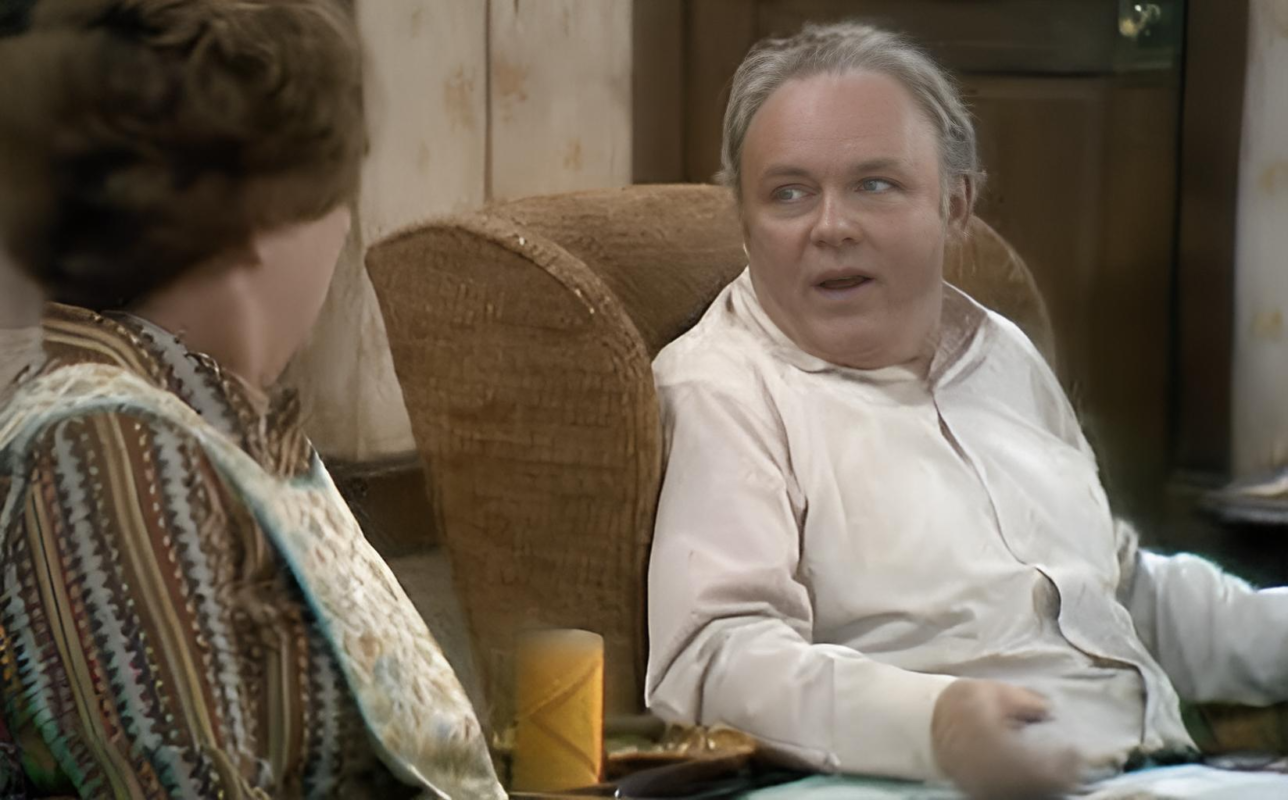
Audre Lorde, a prominent writer, feminist, and civil rights activist, was known for her incisive critiques of social injustice. Her perspective on the television show “All in the Family” offers a nuanced analysis of its approach to racism, reflecting her broader views on intersectionality and the complexities of social identities.
“All in the Family,” a sitcom created by Norman Lear in the 1970s, featured Archie Bunker, a character whose bigoted views were intended to be satirical. The show aimed to address social issues such as racism, sexism, and homophobia through humor. However, Lorde’s critique of the show highlights the potential shortcomings of using satire to tackle serious issues like racism.
Lorde argued that while “All in the Family” sought to ridicule prejudiced attitudes, it often fell short of delivering a clear anti-racist message. “Satire is a powerful tool,” Lorde noted, “but it must be wielded with precision. Otherwise, it risks perpetuating the very stereotypes it aims to dismantle.” She pointed out that the humor in the show sometimes made it difficult for viewers to discern whether they were laughing at Archie’s bigotry or with it.
One of Lorde’s primary concerns was the show’s tendency to focus on individual bigotry rather than systemic racism. “Racism is not merely a matter of personal prejudice,” Lorde emphasized. “It is entrenched in our institutions and social structures. By focusing on the antics of one bigoted man, ‘All in the Family’ often missed the larger picture.” This critique underscores Lorde’s broader advocacy for addressing institutional racism and the interconnectedness of various forms of oppression.
Lorde also highlighted the importance of representation and voice in media. She believed that “All in the Family” largely centered the narrative around Archie, thus sidelining the perspectives and experiences of people of color. “It’s not enough to depict racism,” Lorde argued. “We must also uplift the voices of those who are most affected by it.” In her view, the show could have done more to feature characters of color and their stories, providing a fuller picture of the impacts of racism.
Moreover, Lorde was critical of the potential for satire to trivialize serious issues. “Comedy can be a double-edged sword,” she remarked. “While it can bring attention to social issues, it can also minimize their severity.” Lorde worried that by presenting racism in a comedic context, “All in the Family” might lead some viewers to take the issue less seriously. “Racism is not a joke,” she insisted. “It is a pervasive and destructive force that demands serious attention and action.”
Despite her criticisms, Lorde acknowledged that “All in the Family” played a role in opening up conversations about racism in mainstream media. “The show was a product of its time,” she said. “It took risks and challenged norms, and for that, it deserves recognition. But we must also be critical of its limitations and strive for media that more effectively addresses the complexities of racism and other forms of oppression.”
Lorde’s critique of “All in the Family” is rooted in her broader philosophy of intersectionality, which recognizes the interconnected nature of social identities and oppressions. She believed that effective social critique must consider the multiple dimensions of identity, including race, gender, sexuality, and class. “Our struggles are interconnected,” she asserted. “We cannot address one form of oppression without addressing them all.”
In reflecting on Audre Lorde’s insights, it is clear that media representation matters deeply in the fight against racism and other forms of injustice. Her critique of “All in the Family” serves as a reminder that while media can be a tool for social change, it must be used thoughtfully and responsibly. “We need stories that challenge the status quo,” Lorde urged. “Stories that amplify marginalized voices and address the root causes of inequality.”
As we continue to engage with media and its portrayals of social issues, Lorde’s perspective calls for a more nuanced and inclusive approach. By critically examining the stories we consume and the messages they convey, we can work towards a media landscape that truly reflects and supports the diversity and complexity of human experiences.
